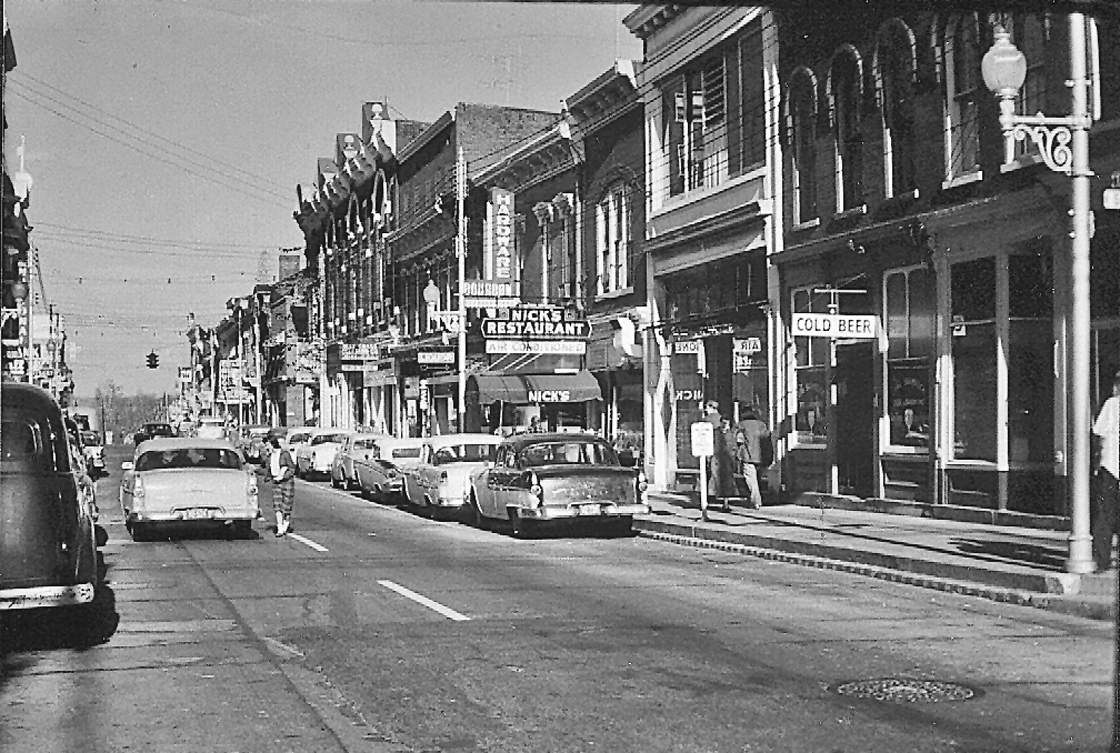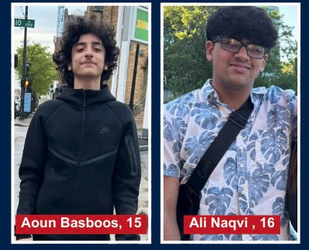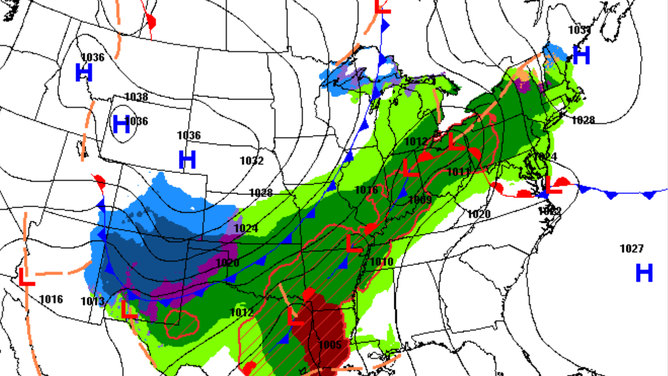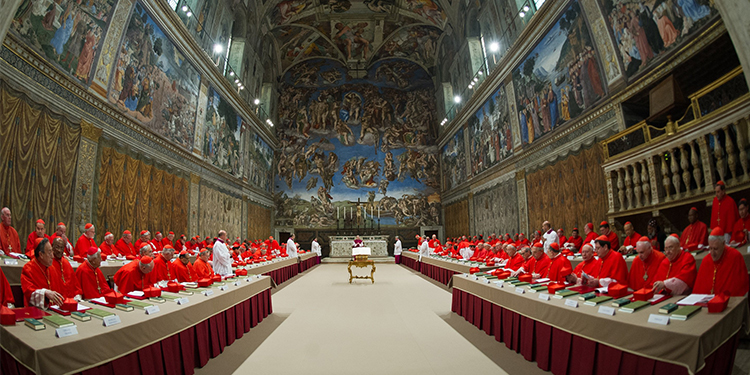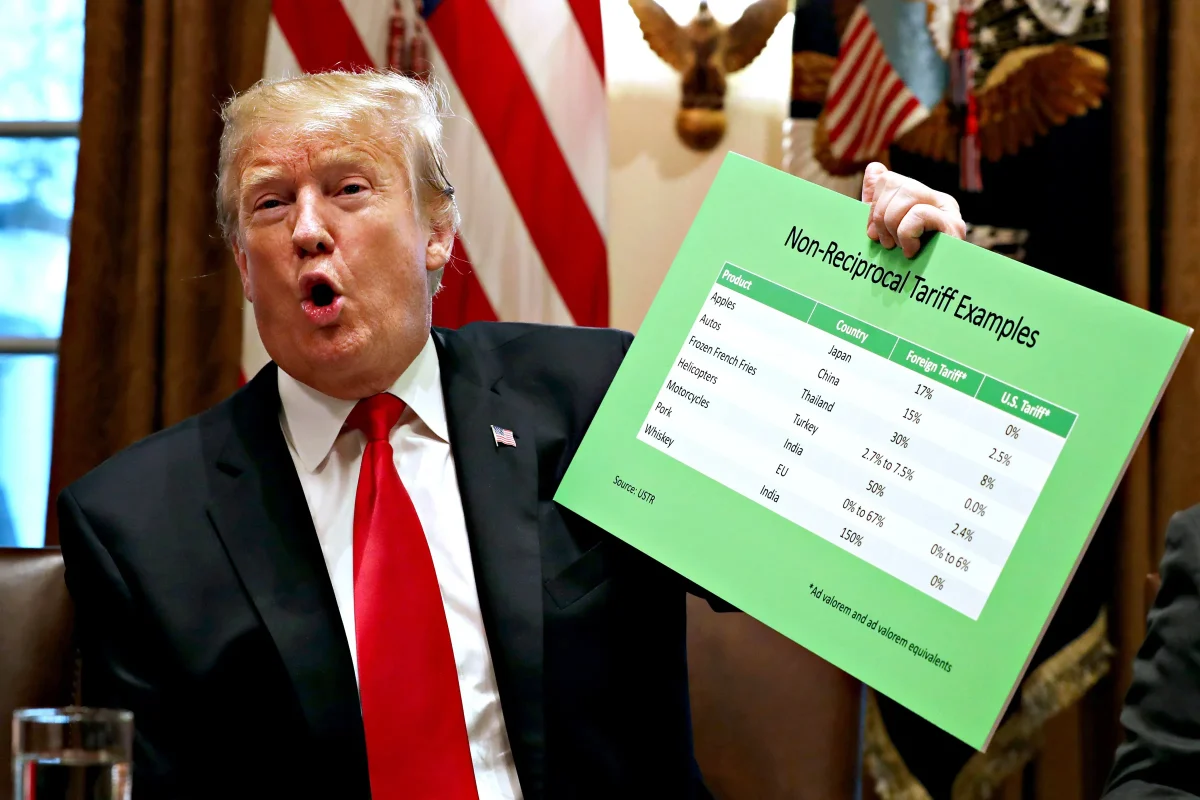Paris, Kentucky, also known as Bourbon County, was settled around 1775. It was originally founded as Hopewell in 1789. What is known as Paris, Kentucky, now used to be Bourbon Town Kentucky because Bourbon whisky was distilled here first in the 1790’s which is now not made in the country. Paris, Kentucky, did not become Paris, Kentucky, until 1890 due to having gratitude for the French for their assistance during the Revolutionary War. You might have not known that the motto of Paris is “history, horses, and hospitality”. The economy of Paris was fueled by early grist, sawmills, hemp, and cotton factories. Later on in time bourbon distilleries, cultivation of bluegrass and tobacco, and breeding and racing thoroughbred horses were included. The basic farm economy is supplemented by the manufacture of textiles, chemicals, and mining machinery. The first Bourbon County courthouse was built in 1787 and around 1791 Christians became a thing.
April 5, 1862, George W. Williams the hero of 1812’s war, was elected as the town’s very first mayor. The earliest record of the land in Paris, Kentucky, was uncovered in an old suit over a military grant to Walter Stewart for the service as a sergeant in his majesty’s 44th Regiment of Foot and agreeable to the Royal Proclamation of 1763. James Garrard served two terms as Kentucky’s first governor and John Edwards served as U.S. senator from Kentucky. Despite the anti-slavery movement in Paris and Bourbon County, by 1850 the number of slaves totaled more than half of the county population. It would take war to finally bring an end to the practice of slavery. The majority of the citizens at the time sided with the Union as war broke out in 1861. Initially, the war was not due to slavery but monetary in nature. There were three Home Guard units in Bourbon County during the war: “The Bourbon Rangers”, the Flat Rocks Grays, and the Hamilton Guards. The Rangers were from North Middletown Kentucky and commissioned on May 12, 1860.

